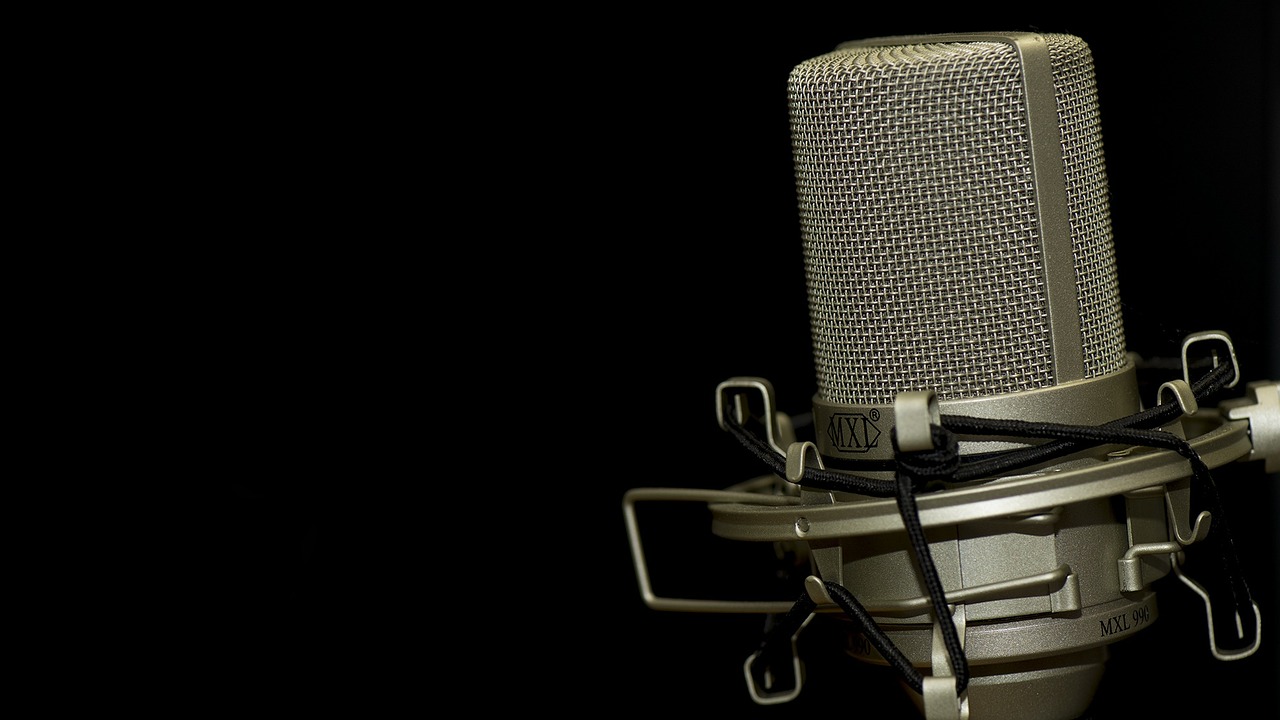
Recently, I had a class where for the first time, I couldn’t see the students. I was home sick, participating via Skype.
Listening without seeing students allowed me to focus completely on what the student actors said. And I heard other things, too.
There was calm breathing and nervous breathing and labored breathing.
There were hurried reads and slow reads. There were words glossed over and misread, and words said clearly.
And there were things said besides what was in the copy, like comments about nervousness or mistakes or other things that were getting in the way of a smooth read.
Some folks were also distracted by the booth and by the other students watching. All of these things were completely natural reactions from folks learning a new craft.
Yet, others dove into their scripts seemingly without issue. How did they manage that?
Then, it occurred to me later that voice actors, unlike most other actors, operate completely on a bare stage. Oh, there are cables and boxes, and pads on the walls. Basically, there’s just whatever it takes to keep sound from bouncing around, to power the mic, and to hold some copy.
In stage acting, you may start rehearsals on a bare stage, but as rehearsal goes along, a set appears. Lighting is perfected. You put on costumes and makeup and pretty soon, you’re living your character in a context–in a tactile, visual field of experience.
But in voice acting, you create this story-telling theater only in a listener’s mind.
Voice acting requires you to pull words in through your eyes and run them into your brain. There you react emotionally to the words, their story, their impact. Then you turn the words—words that you didn’t write—into words that sound like you are JUST NOW thinking of them as you say them. And through that process, you tell a story, whether in a commercial about a furniture sale or in the audiobook about zombies in Kansas.
We listeners believe you when you do this eye-brain-lips thing right, when we hear a real person telling a story. But how can you do that on a bare stage, like in a booth or closet?
There’s only one way: when you FOCUS on the copy!
If you still feel nervous about people watching you, you’ve lost or haven’t yet learned to channel that focus. If your surroundings just feel weird and unfamiliar, you aren’t focused on the copy. Learning to focus and process in this way is complex and takes time to learn. And the learning never stops.
When you first start out in VO, you have to consciously perform steps in a process you are not used to. And then gradually, your conscious action becomes unconscious “re-ACTING” to the world in your copy. You go from just reading words to maintaining an unselfconscious FOCUS on the copy to tell stories, all on that bare stage.